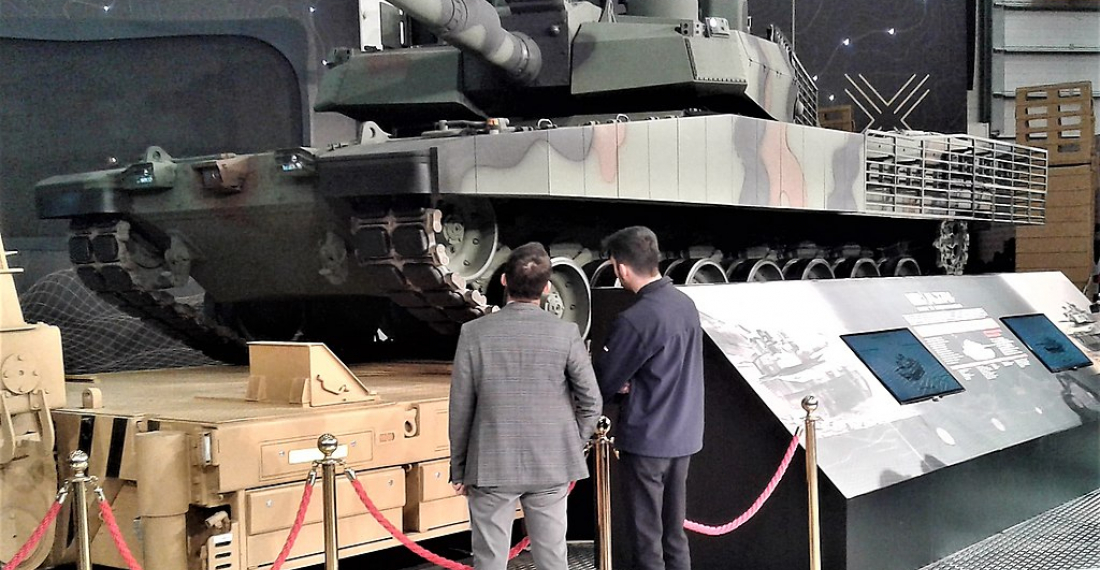Turkey is developing a locally made engine for its main domestic battle tank Altay.
Reports over the weekend suggested that tests on the engine are planned to start in April
Defense Industries Presidency (SSB) head Ismail Demir said during a live broadcast with HaberTürk on Sunday that the engine is being developed by Turkish land vehicles manufacturer BMC under the BATU Power Group project. The national tank engine will be a 12-cylinder, V-type, water-cooled and turbodiesel power unit.
The original plan was for the next-generation battle tank's prototype to be powered by a 1,500 horsepower diesel engine from Germany's MTU Friedrichshafen GmbH. Germany's Rheinmetall has also established a joint venture with BMC aimed at establishing joint production of armored vehicles, particularly the main battle tank, Altay. However, the production and supply of the tank engine came to a halt following Berlin’s decision to limit arms exports to Turkey.
Media reports earlier suggested Ankara considered a South Korean firm as an option for the purchase of an engine for its domestic MBT. A Bloomberg report said earlier this month that BMC, the Turkish company that is undertaking the Altay project, came to an agreement with two South Korean companies, Doosan Infracore Co. and S&T Dynamics Co. However, it now seems that this is only a temporary measure, and that the engine purchased from Korea will be used on the initial models of the tank, whilst later productions of the tank are expected to be powered by the domestic engine.
Turkey initially kicked off the main battle tank project in 2007; however, problems in ascertaining a supply of engines prevented the project from moving forward as some European companies have refused to sell the powering unit.
The German arms embargo came as a result of Turkish incursions in Syria that have put weapons sales to Ankara under intense scrutiny.
source: commonspace.eu with Daily Sabah (Ankara)
photo: A prototype of the Altay battle tank at a trade exhibition in Istanbul in 2019.






